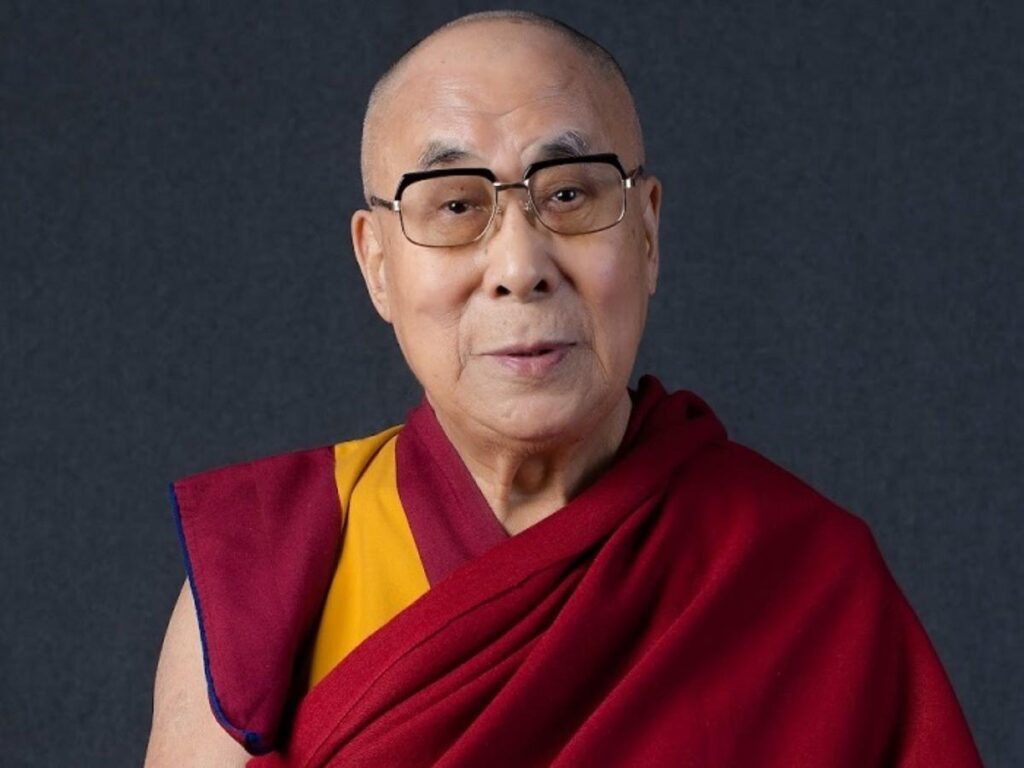His Divineness Tibet’s spiritual leader is Tenzin Gyatso, the 14th Dalai Lama. He was born to a farming family on July 6, 1935, in a tiny hamlet in Taktser, Amdo, in northern Tibet. The youngster, who was then known as Lhamo Dhondup, was identified as the 13th Dalai Lama, Thubten Gyatso, at the age of two. The Bodhisattva of Compassion and patron saint of Tibet, Avalokiteshvara or Chenrezig, is thought to appear as the Dalai Lamas. Bodhisattvas are spiritual beings who have delayed reaching nirvana in favour of taking on human form in order to benefit humanity.

Leadership obligations
In 1950 As China invaded Tibet in 1949, His Holiness was required to assume complete political authority. He travelled to Beijing in 1954 to hold peace negotiations with Mao Zedong and other Chinese officials, including as Deng Xiaoping and Chou Enlai. Yet His Holiness was ultimately compelled to flee into exile in 1959 after Chinese troops brutally put down the Tibetan national movement in Lhasa. At that time, he has resided in Dharamsala, northern India, the exiled Tibetan government’s headquarters. His Holiness has pleaded with the UN over the Tibet issue ever since the Chinese invasion. In 1959, 1961, and 1965, the General Assembly passed three resolutions on Tibet.
The Peace Plan’s Five Points
His Holiness outlined the following peace strategy, which has five key elements, in his speech to members of the US Congress on September 21, 1987, in Washington, D.C.
- Establishing a zone of calm throughout all of Tibet.
- The abandonment of China’s population transfer policy, which imperils the Tibetan people’s very existence.
- Respect for the democratic freedoms and basic human rights of the Tibetan people.
- China must stop using Tibet to produce nuclear weapons and dump nuclear waste, as well as restore and maintain Tibet’s natural environment.
- The start of serious negotiations on Tibet’s future status and the peoples of Tibet and China’s relations.
His Divineness He is a man of peace, the Dalai Lama. He received the Nobel Peace Prize in 1989 for his nonviolent campaign to liberate Tibet.
Dalai Lama is consistently treated as an honoured guest by India: MEA
According to the Ministry of Foreign Affairs, India consistently treats the Dalai Lama as a revered religious figure and a distinguished visitor to the nation.
